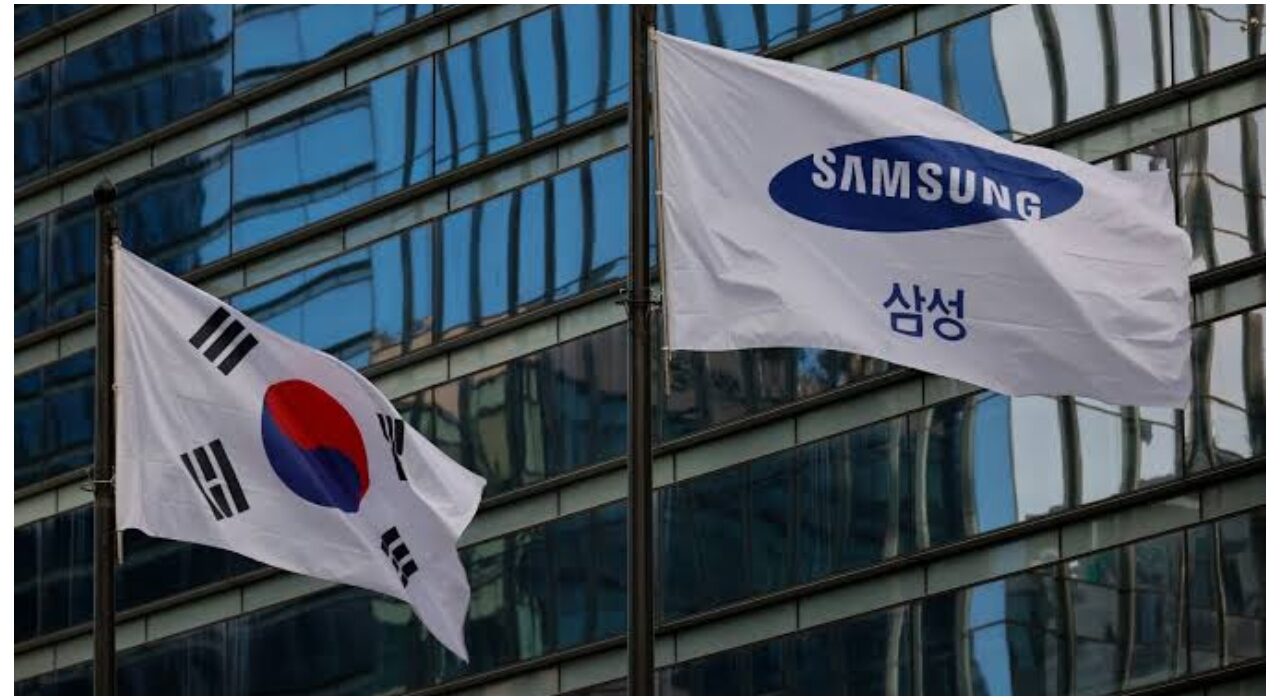On Thursday, South Korean stock market was badly hit as the KOSPI index declined to about 2% on November 12, which marked the first time in three months that it had closed beneath the critical mark of 2,500. The KOSPI ended at 2,482.57 after falling by about 1.94 percent from the previous session, with investors worried over what Donald Trump’s policies will do to South Korea’s export-based economy.
South Korean stock market’s major stocks decline, Samsung included
It suggests a decline in the stock market, thereby showing investors are relatively worried about the rise of uncertainty into the global economic setting. Stocks in the list, which are significant, include those of Samsung Electronics, whose shares dropped 3.64% to 53,000 won. This marked a new low.
The KOSDAQ, which are the smaller tech-centric firms, had also felt the pressure and closed at 710.52, down 2.51%. These moves reflect increased jitteriness in the South Korean stock market, fearing the impact of Trump’s “America First” policies on export-based economies.
It was accompanied by a surge in the won-dollar exchange rate to 1,400 won in that reporting month. The exchange rate even broke through the dual-year high, closing at 1,403.5 won on the markets. This currency weakness certainly added to the fears of import costs as well as inflation in the South Korean economy as that stock market trend continues to slide. This weighs on the sensitivity of that nation towards such external pressures and shifting market trends in the global economy.
Massive decline posts a threat for South Korea’s economy
The KOSPI index continued to slide, crashing another 2.64% to close at 2,417.08 on November 13, the lowest level since last November. stock market capitalization has slipped below 2,000 trillion won, touching 1,971 trillion won, a new sign of the kind of panic there is among investors. In the South Korean stock market, strong sell-offs by foreigners were responsible for much of this decline, having also severely affected stocks like Samsung Electronics.
Responding to this, South Korean officials will prepare measures to stabilize the stock and currency markets. Since exports greatly compose South Korea’s economy, especially in automobiles and semiconductors, President Trump’s policies may impact it more than other countries. Thus, the South Korean stock market will remain unstable as the government prepares to present further countermeasures on November 14 in a bid to stabilize the market amidst increasing challenges.
Also, see: Niva Bupa Health Insurance shares set to make market wntet with modest GMP
